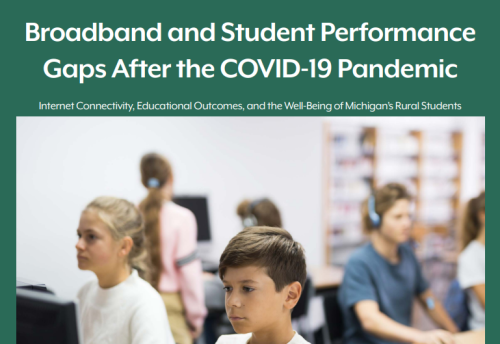There was an excellent op-ed feature in the NYT today, entitled ‘Can Video Games Survive?‘, by Chris Suellentrop. He is a game critic and completely engaged in the video game culture, but worried about the future of this media. His concerns are based on the ugly rupture that emerged around #gamergate, as one of the more recent examples of threats and mean spirited messages emerging within the gamer community. He is not alone, as illustrated by the Quello Lecture on 15 October by Professor Lisa Nakamura, with which our speaker was able to draw attention to the issues emerging around race and gender in particular, and some of the measures aimed at tackling it, such as naming and shaming to provide better transparency and more accountability.
Having some sense of the vitality and enthusiasm of the gamer community, such as exhibited in the Meaningful Play Conference at MSU last week, I imagine that the future of video games is assured. However, just how bright that future will be depends in part on how well the community can deal with the issues of speech and communication within it.
Even if you do not see yourself as part of this community, these issues can be seen as a microcosm of the larger issues surrounding speech online, and how it can be moderated and governed in ways that make inappropriate regulatory intervention unnecessary. Demands for government and ISPs to ‘do something’ about the ugly examples of speech online could usher in regulation that would undermine the vitality of the online world, which has been built on freedom of expression.
Grappling with the issues facing moderation of speech within the gamer community is but one example of a growing debate over speech online. The Quello Center is one of a number of centres committed to finding solutions that retain the freedom of expression and association that have made the Internet so critical to a global community. Solutions require new insights to models of governance appropriate for this completely new medium of expression that cannot be regulated as if there were newspapers, the mail, broadcasting or other old technologies.



